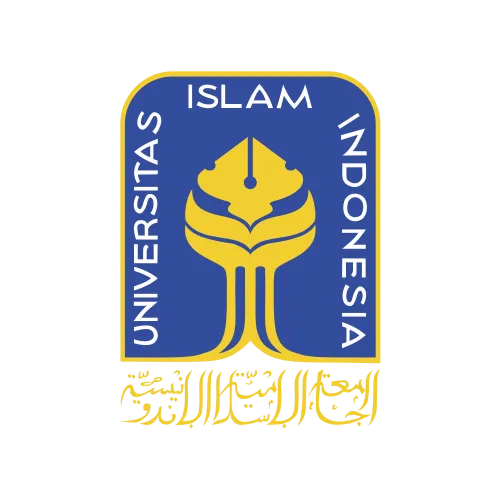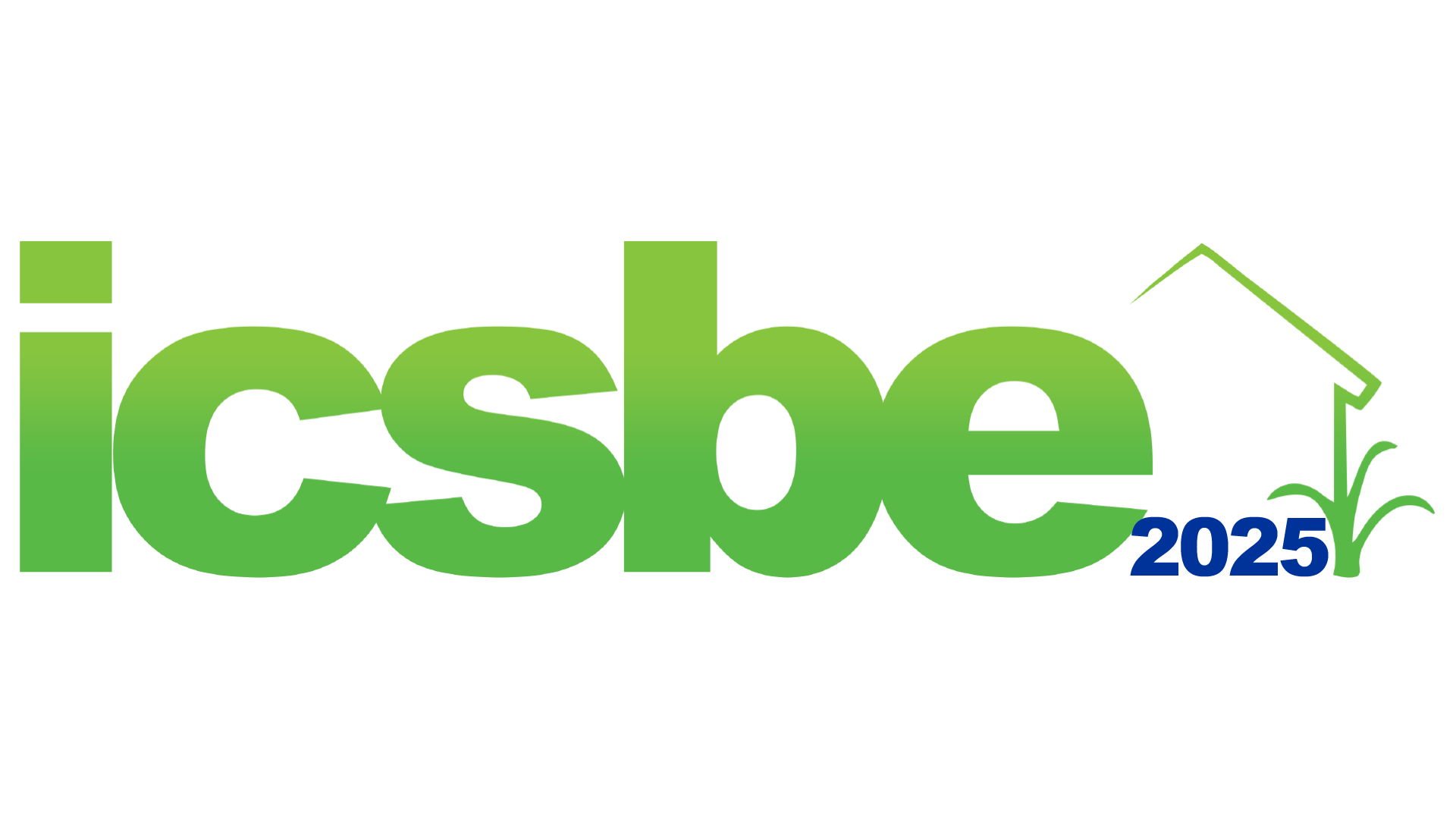About
Background
In facing the global challenges of climate crisis and sustainability, technology and innovation have emerged as key arenas of international competition. Yet, in this race toward cutting-edge solutions, developing countries like Indonesia often encounter significant limitations in resources, infrastructure, and technological capacity compared to developed nations such as the United States, China, or Japan. If sustainability is understood solely through the lens of high-tech advancements and globalized solutions, the space for local contributions becomes increasingly narrow.
However, Indonesia and many countries in the Global South possess a unique and strategic strength: a legacy of local knowledge and vernacular practices that have proven to be adaptive, resilient, and sustainable over centuries. In domains such as development, spatial planning, resource management, and construction, indigenous and local communities have cultivated systems of values, simple yet effective technologies, and ecological logics that are deeply embedded in their cultural and environmental contexts.
The overarching theme, “Vernacularizing Sustainability: Stories of Ideas, Spaces, and Technologies,” arises from this awareness: the need to re-ground sustainability narratives so they are not detached from local realities, and to open up space for concepts, spatial practices, and technologies that are rooted in community knowledge and cultural wisdom. The term vernacularizing is purposefully chosen as an epistemic act—an effort to reconstruct the meaning of sustainability through local languages, practices, and ecosystems.
This approach not only reclaims traditional heritage as something worthy of preservation but also reimagines it as a foundation for future innovation. Amid climate disruption, development inequality, and ecological degradation, it is essential to highlight grounded stories: about spaces shaped by the logic of local landscapes; about modest technologies that address everyday challenges; and about communities who build through memory—not merely through machines.
Accordingly, this program serves as an interdisciplinary platform to explore, reflect on, and share contextual sustainability narratives—through both theoretical concepts (Reading) and real-world practices (Implementation). We warmly invite academics, practitioners, communities, and policymakers to contribute to shaping a more inclusive, equitable, and locally grounded pathway toward sustainability.
-
Workshop
Workshop – 28–30 July 2025, The Alana Hotel Malioboro Yogyakarta
The webinar is jointly organized by the National Research and Innovation Agency (BRIN) and the Faculty of Civil Engineering and Planning, Universitas Islam Indonesia (FTSP UII), as part of the ICSBE 2025 series.
Theme: Road to Workshop on Enhancing the Integration of Local Ecological Knowledge (LEK) in Ecohydrology-Driven Integrated Water Resource Management
Focus: Ecohydrology-based water resource management to enhance resilience and reduce the risks of climate change.
-
Webinar Series
-
The session will be held virtually via a video conferencing platform.
Webinar 1 – Saturday, November 1, 2025
Theme: Vernacularizing Sustainability: Exploring Ideas and Spatial Narratives
SPEAKER 1 (Dr.Ing. Yulia Nurliani Harahap, S.T., M.Des.S)
Topic:
Designing from Tradition: Vernacular Typologies as Foundations for Contemporary Sustainable Architecture Description:
This presentation discusses how traditional architectural forms, such as indigenous houses, community-based settlements, and locally adapted housing, reflect values of climate responsiveness, material efficiency, and socio-cultural coherence. It highlights how these typologies can serve as conceptual and practical foundations for contemporary sustainable design.
SPEAKER 2
Topic:
Spatial Narratives and Collective Memory: The Socio-Cultural Logic of Sustainable Space
Description:
Exploring how space functions not only as a physical construct but also as a narrative medium, this presentation emphasizes how community memory, rituals, and everyday practices shape sustainable environments. It foregrounds spatial narratives as carriers of ecological ethics, local identity, and intergenerational wisdom.
Webinar 2 – Saturday, December 6, 2025
Theme: Vernacularizing Sustainability: Ideas into Technologies and Actions
SPEAKER 1
Topic:
Community-Based Water and Environmental Infrastructure for Multi-Hazard Resilience
Description:
This talk focuses on environmental engineering responses to compound disaster risks—such as volcanic activity, landslides, and intense rainfall events—through context-responsive infrastructure. It highlights how small-scale, decentralized systems (e.g., natural drainage, infiltration areas, retention ponds) can be rooted in local ecological knowledge and participatory design.
SPEAKER 2
Topic:
Designing Where We Stand: Site-Specific Geotechnics for Sustainable Development Goals
Description:
This presentation promotes geotechnical design that begins with the specific site. Using examples from soft soil corridors and hazard-prone slopes in Southeast Asia, as well as coastal subsidence and hillside settlements worldwide, this study demonstrates how site-specific investigations, locally sourced materials, and bio-mediated ground improvement can deliver reliable performance while supporting sustainability within local communities. We will interpret local geology, hydrogeology, and community knowledge to develop practical solutions, such as using bamboo and timber, low-cement binders, microbial methods, and community-led slope stabilization, and compare these with conventional options in terms of safety factors, serviceability, lifecycle carbon emissions, and cost. The presentation outlines decision frameworks for selecting appropriate measures, incorporating monitoring and early warning systems, and scaling pilot projects into policy and procurement. The session provides participants with practical design principles, risk and value assessment tools, and a plan to incorporate site-specific geotechnics into projects and programmers, turning sustainability into disciplined engineering practice.
SPEAKER 3
Topic:
Post-Disaster Construction in Volcanic and Earthquake-Prone Regions: Participatory Design and Low-Tech Innovation
Description:
This presentation reflects on reconstruction projects in post-disaster contexts—particularly after eruptions or earthquakes—focusing on how locally available materials and participatory design methods lead to rapid, affordable, and resilient rebuilding. It emphasizes technologies such as interlocking bricks, modular systems, and community-driven planning.

